Female Fertility Age Chart - Check Images and Fertility Rate

Quick Summary
- Motherhood is one of the most rewarding roles in a woman's life.
- The female fertility age chart shows that the maximum age of female fertility is around 35.
- There are ways to improve fertility in older women.
Table of Contents
- Female Fertility Age Chart: What Is It, and How Does It Work?
- Age and Fertility: Why Does It Matter?
- The Right Age for Pregnancy
- Factors that Affect Fertility
- Using the Female Fertility Age Chart to Plan Your Pregnancy
- How to Improve Fertility in Old-Aged Women?
- Fertility Preservations: Options for Women Who Want to Delay Pregnancy
- Conclusion
- Frequently Asked Questions
- References
Motherhood is one of the most rewarding roles in a woman’s life. From growing individually to becoming a parent, this experience will change your life forever. Gone are the days when women would get married by 15 and have five kids by the time they were only 25 or 26, keeping in mind the female fertility age chart. In today’s time and age, where most marriages occur post-26 or 27 among women, the pregnancy age is sure to push further.
If you are considering starting a family and want to know the right age to do the same, then you are on the right page. The following blog discusses the female fertility age chart, the maximum age of female fertility, how to improve fertility in old-aged women, etc.Female Fertility Age Chart: What Is It, and How Does It Work?
The female fertility age chart refers to a graph that shows the different ages where the fertility in a woman or the capacity to conceive is at its peak and the ages where this capacity or fertility begins to dip.
Women are considered the most fertile in their 20s and early 30s. Their fertility begins to drop after age 32 as the number of eggs in their bodies declines. This chart plays a crucial role in helping women understand the best time to get pregnant and the complications that will likely arise after crossing a certain age group.


Age and Fertility: Why Does It Matter?
Age, by all means, is one of the most determining factors for pregnancy among women. In the 20s and early 30s, the quality and quantity of eggs in women are at their peak, enhancing their chance of getting pregnant. However, as they age and cross 32, there is a slight dip in quality and quantity.
Reports suggest that this dip falls fast past the age of 37. This decrease in fertility leads to problems in conceiving and creates issues during pregnancy.
The Right Age for Pregnancy
There is simply no denying that as age progresses, a woman is sure to have difficulty with their pregnancy. These difficulties can be in terms of conceiving and during pregnancy.
Since age plays an essential role, it is vital to know that women planning to conceive or embrace motherhood past 45 are more bound to have a complicated pregnancy. Therefore, the female fertility age of 45 is not the most suitable time. Having said that, it is also important to know that this does not mean women cannot conceive at the desired age.
What is the Fertile Age in Females?
Even though it is completely an individual’s choice to plan their pregnancies as they like, it is essential to remember that it is natural for fertility to decline with age. The following categorisation will solve your queries and help you make informed decisions regarding the right age for pregnancy.
- Female Fertility in the 20s: The peak fertility age in females is in the 20s. Not only are women the most fertile during this time, but the many risks related to pregnancies are also very limited.
The egg quality among women in their 20s is considered the best, diminishing the chances of complications. - Female Fertility in the 30s: According to many studies and statistics, 32 is the age when fertility begins to decline. The speed of decline increases after the age of 35.
Data and researches show that the risk of genetic abnormalities and miscarriages starts to grow after age 35. When you get pregnant after age 30, your doctor will increase the number of screenings for the security of yourself and the baby.
Thanks to the many advancements in modern medical technology, potential complications can be addressed early in pregnancy. Just as one person’s body differs from another’s, so does the rate of complications.
While some women may conceive after age 35 and have no problems at all, some might face complications even at an early age. In today’s time and age, many women conceive after age 30 and have zero to little complications because of following a healthy lifestyle, eat right, and exercise well. - Female Fertility in the 40s: This is the age group where there is sure to be a steep decline in the ability of a woman to conceive naturally.
Even though there is no maximum age for female fertility, the chances of conceiving after age 40 within three months are only 7%. If 100 women try to get pregnant in 3 months, only seven will succeed. The other 93 women will have to try again.
One must know that it is not only the number of eggs that will take a dip but also the quality. Older eggs are more prone to have problems such as chromosome problems, congenital disabilities, etc.
It is essential to understand that the natural fertility cycle will go down irrespective of the lifestyle you choose to follow. The most common problems faced by women who get pregnant post-40 are:- Stillbirth
- Premature birth
- Low birth weight
- Birth defects
- C-Section
- Miscarriages
Factors that Affect Fertility
Many factors affect fertility in women, impacting their chances of conceiving. Some of them are:
- Age: Age is a major factor affecting fertility in women. While the peak fertility age in females is their 20s, it gradually declines in the mid-30s. Fertility drops rapidly after age 37.
- Ovulation disorders: They affect the release of eggs from the ovaries. These include hormonal disorders such as Hyperprolactinemia, Polycystic ovary syndrome (PCOS), and Thyroid problems.
- Cervical or uterine abnormalities: Problems such as Fibroids or Polyps in the uterus can prevent egg fertilisation.
- Endometriosis: A disease in which tissue similar to the uterus lining, which normally grows inside the uterus, grows outside the uterus.
- Damage or blockage of the fallopian tube: Damage to the fallopian tube may be caused by pelvic inflammatory disease.
- Early menopause or primary ovarian insufficiency: This occurs when ovaries stop working and menstruation ends before the age of 40.
- Pelvic adhesions: This can affect organs after appendicitis, abdominal or pelvic surgery, pelvic infection, etc.
- Other reasons: Other factors that can affect fertility include poorly controlled diabetes, autoimmune diseases, celiac diseases, being overweight or underweight, etc.
Using the Female Fertility Age Chart to Plan Your Pregnancy
With age and fertility being an indispensable part of each other, precise knowledge about one's body and its changes can help a woman make smart and informed decisions.
The female fertility age chart, if used correctly by a woman, can help her plan her pregnancy correctly and save her from many unrequired problems and complications. It can be picked up as a powerful potential tool that can guide you if you want to get pregnant quickly.
You can use the female fertility age chart to plan your pregnancy by calculating your fertile window. The following is how you can calculate your fertile window:
- Count the days of your menstrual cycle, with the first day of the period as day 1. Continue counting each day of the cycle until the next menstrual cycle starts. The menstrual cycle length tends to vary from 23 to 25 days.
- You are not considered fertile on days one to seven of the cycle.
- On days 8 to 19 of the cycle, you are considered fertile. If you are planning pregnancy, this is the best time to have unprotected sex.
- From day 20 till the end of the cycle, you are no longer fertile.
How to Improve Fertility in Old-Aged Women?
Just as human bodies are different, so are their problems. Fertility in women can be improved with proper consultation and treatment. Some ways through which women can significantly boost their fertility are:
- Lifestyle and dietary changes: Believe it or not, a proper diet, sleep, and lifestyle are sure to do wonders for not just your fertility but for your overall health. Eating a healthy diet and reducing smoking and alcohol consumption will help.
- Medication: Women who cannot conceive due to anovulation are prescribed medication. This medication enables their ovaries to release eggs.
- Surgery: Issues like endometriosis and the removal of polyps and cysts in the uterus can reduce the chances of conceiving and lead to complicated pregnancies. These problems can be treated with the help of specific surgeries.
- Artificial Insemination: It refers to a process where healthy sperm is placed inside the uterus during ovulation. This automatically boosts the chances of conceiving.
- Assisted Reproductive Technology: Also known as IVF, this is again an excellent option for conceiving. In this process, the sperm is combined with an egg in a lab. The purpose is to move this healthy embryo into the uterus resulting in a successful pregnancy.
Fertility Preservations: Options for Women Who Want to Delay Pregnancy
Fertility preservation is a method that saves and protects eggs, embryos, sperm, and reproductive tissues, allowing you to have children in the future. It is common for people who wish to delay having children due to personal reasons or health issues and conditions.
Some of the most effective fertility preservation methods for women are:
- Egg freezing: This treatment involves giving hormones to stimulate egg production in the ovaries. The eggs are removed, frozen, and stored.
- Embryo freezing: This treatment involves the removal of eggs from the ovaries. The provider fertilises the eggs with your partner's sperm or donated sperm to create embryos. This process is called IVF and can be implanted in your body immediately or saved for future use.
- Ovarian tissue freezing: For people undergoing cancer treatment, receiving hormones is not an option. In such cases, they can have their ovarian tissues removed and frozen. Once you are medically cleared, these can be implanted back into your body through IVF.
- Oophoropexy: Also known as ovarian transportation, this procedure protects your ovaries from radiation treatments. The ovaries are moved from your pelvis and into your abdomen, away from the treatment area.
- Radiation Shielding: A lead shield is used to save your ovaries from the effect of radiation. Other radiation technologies can also be used to safeguard the ovaries.
Conclusion
Motherhood is, without a doubt, one of the biggest blessings in a woman’s life. Even though the fact remains that the sooner you conceive, the better, people are bound to have their own restrictions and complications.
Medical science has advanced to an extent where many things can be made possible. However, it is essential to understand that state-of-the-art technology cannot replace what a human body can do naturally. This is where the female fertility age chart is important. The objective is to not just educate about the peak fertility age of females but also find out how to improve fertility in old-aged females.
We at HexaHealth are a one-stop destination for all your medical needs and requirements. From taking appointments to connecting you with the best team of doctors at the right hospitals, we are here to do it all. Our experts not only help you with the right medication but also assist you with medical policies, discounts, free consultations, and much more. To make your medical journey a smooth one, get in touch with us today.
Frequently Asked Questions
What is a female fertility age chart?
What is the maximum age of female fertility?
What is the fertile age in females?
How does age affect female fertility?
How is female fertility at the age of 45?
How to improve fertility in old-age women?
There are several ways through which fertility can be improved in older women. Some of the most common and effective ways are:
- Eat foods rich in antioxidants
- Cut down on carbs in case you are suffering from PCOS
- Swap protein sources
- Adopt a healthy lifestyle
How many eggs does a woman have at 40?
How do you test if a woman is infertile?
At what age does a woman stop being fertile?
How do I calculate my fertile phase?
How is the ovulation date calculated?
How fertile is a 37-year-old woman?
Is it ok to conceive at 38?
What age is a male most fertile?
Does PCOS affect peak fertility age in females?
References
All the articles on HexaHealth are supported by verified medically-recognized sources such as; peer-reviewed academic research papers, research institutions, and medical journals. Our medical reviewers also check references of the articles to prioritize accuracy and relevance. Refer to our detailed editorial policy for more information.
Last Updated on: 17 March 2023
Reviewer
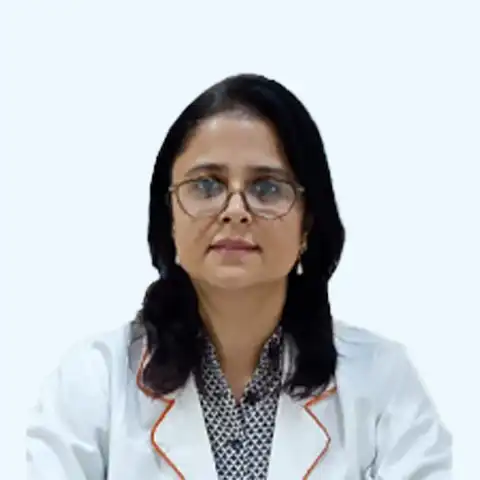
A specialist in Obstetrics and Gynaecology with a rich experience of over 21 years is currently working in HealthFort Clinic. She has expertise in Hymenoplasty, Vaginoplasty, Vaginal Tightening, Labiaplasty, MTP (Medical Termination...View More
Author
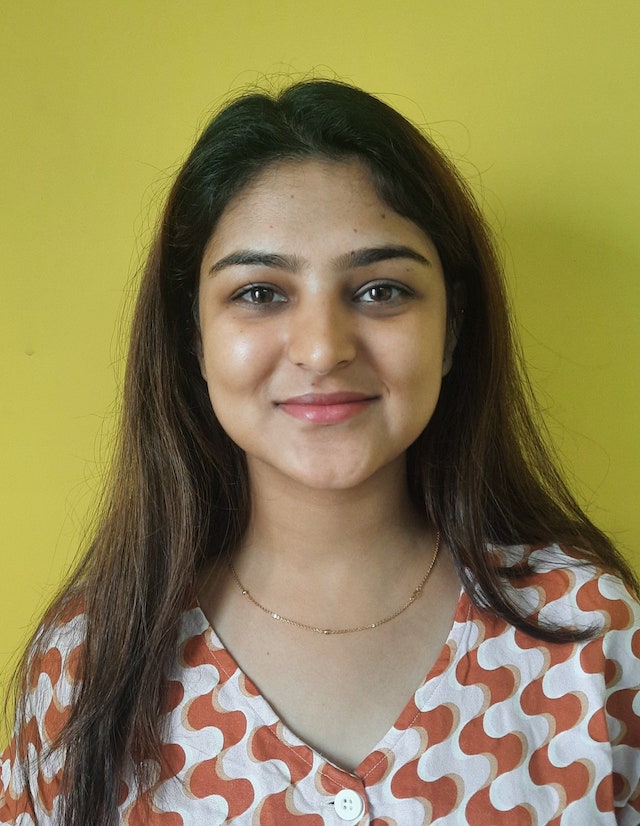
She is an accomplished new-age professional who has interviewed prominent personalities such as Bhaichung Bhutia, G. Sathiyan, Shashi Tharoor, etc. A content writer interested in health communication, graphic desi...View More
Expert Doctors (10)
NABH Accredited Hospitals (5)
Latest Health Articles





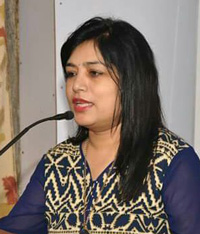
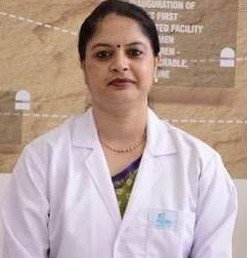
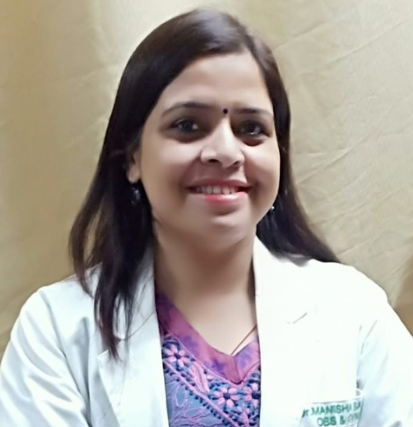
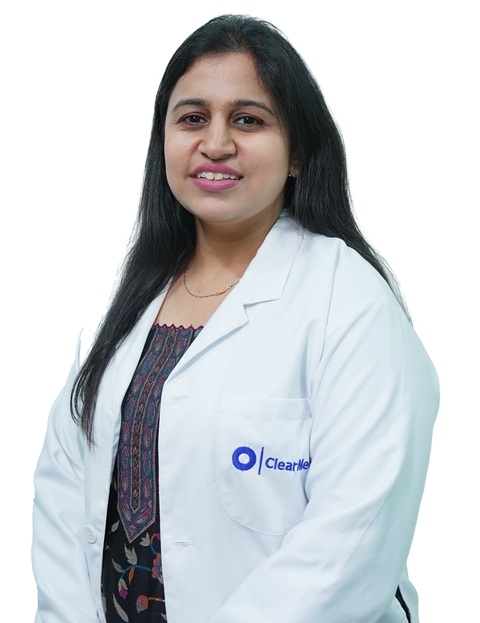

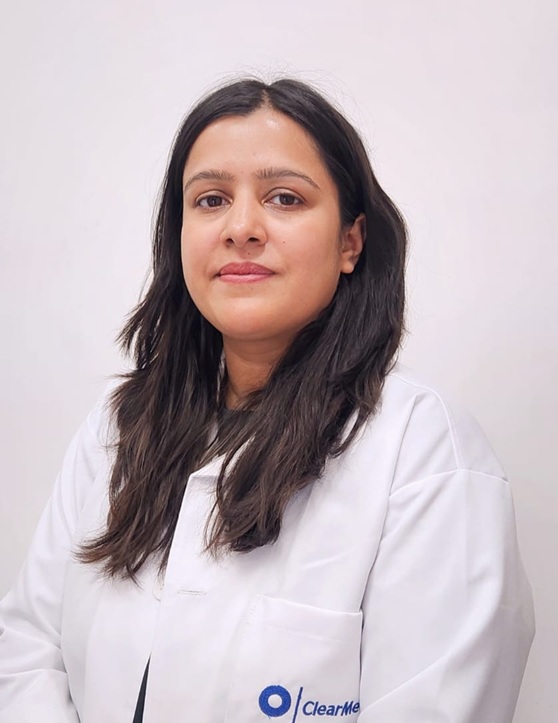

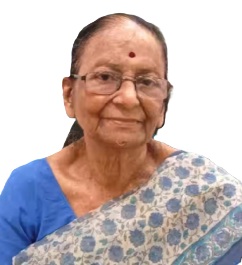











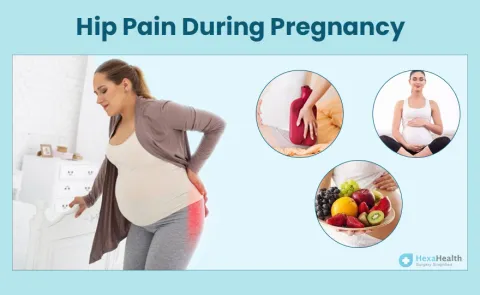


 Open In App
Open In App